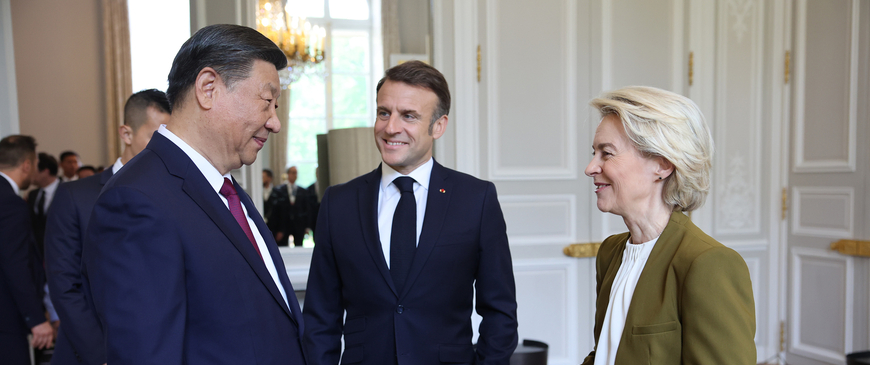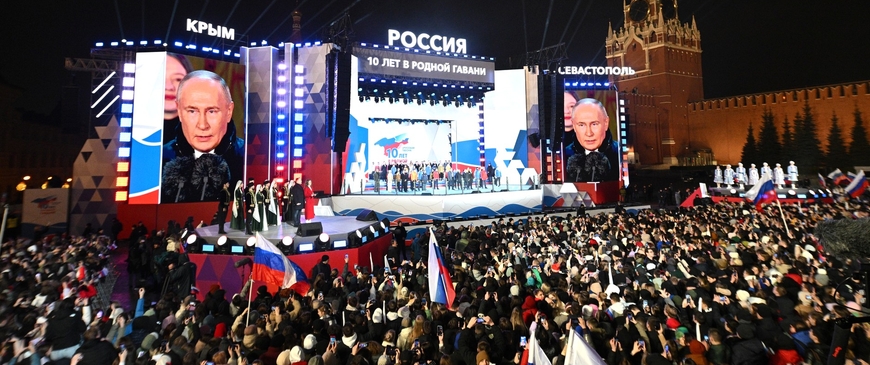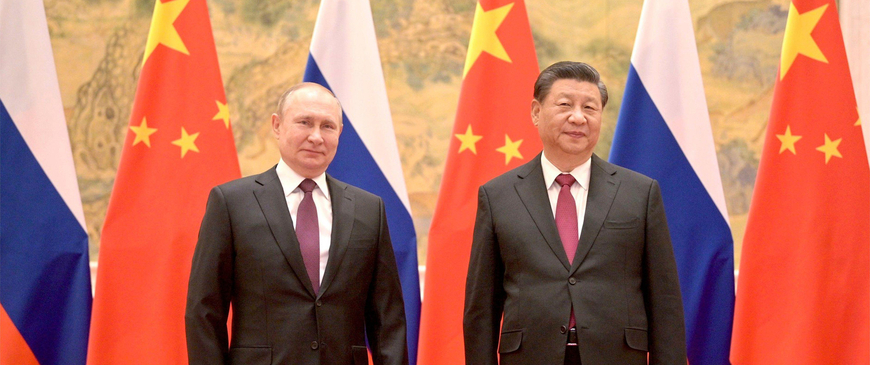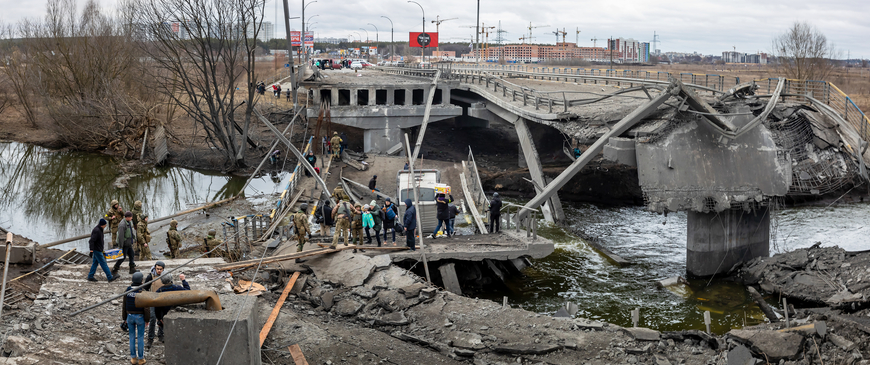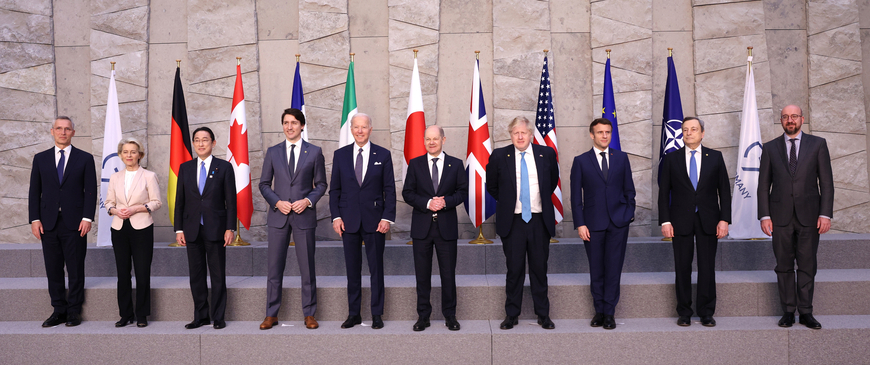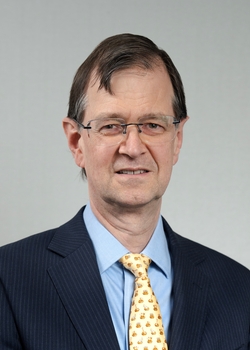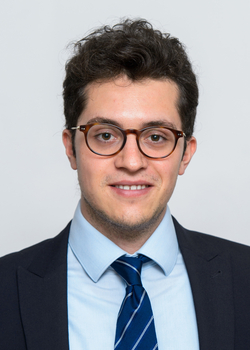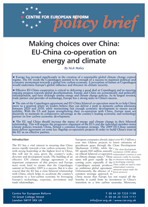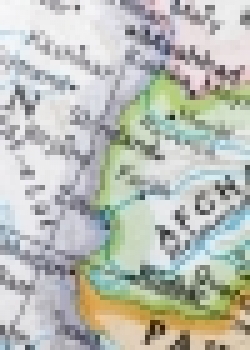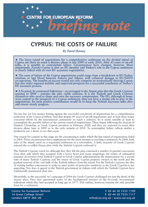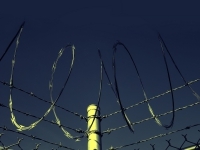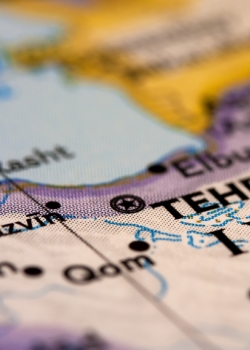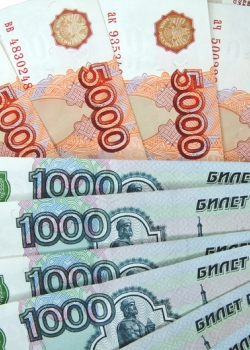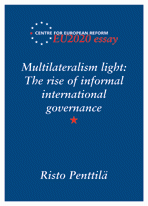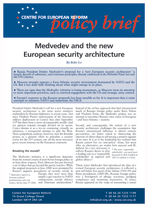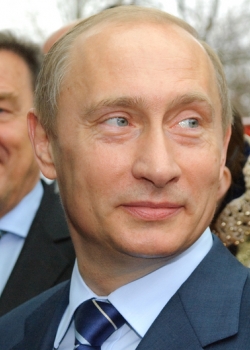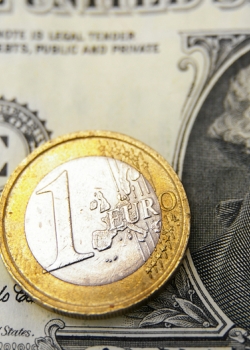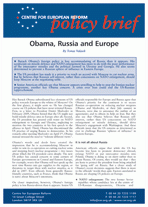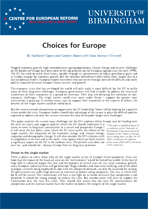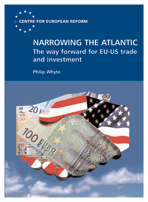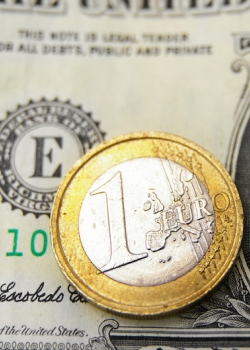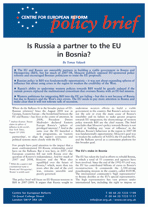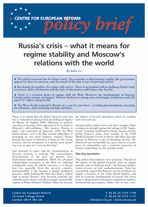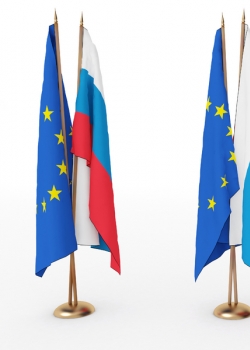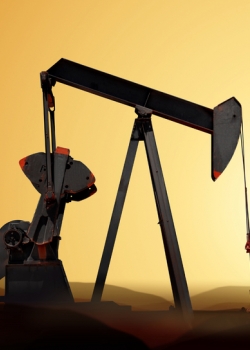China & Russia
Making choices over China: EU-China co-operation on energy and climate
02 November 2009
The EU needs China to move rapidly towards a low carbon economy. Even with strong leadership at the highest level in China, this will not be easy, given the country's scale, diversity and development needs.
The dangers of Karzai’s re-election
10 September 2009
The final result of the Afghan election may not be known until the end of September, but it looks as if President Hamid Karzai will have done well enough to avoid a second round of voting.
Cyprus: The costs of failure
01 September 2009
The latest round of settlement talks on the divided island of Cyprus will reach their decisive phase later this year or in early 2010.
Iran's nuclear problem: Ever harder to fix
03 August 2009
Iran’s theocratic regime remains in power, despite persistent divisions within the ruling elite. Whatever the long-term fate of Supreme Leader Ali Khamenei and President Mahmoud Ahmadinejad, the unrest that followed June’s presidential election probably makes it harder for the West to persuade Iran to set aside its nuclear ambitions.
Barack Obama...
Barack Obama...
Can Europeans share a common security culture?
27 July 2009
European countries have long declared their ambition to turn the EU into a global player in security – in order to tackle common threats and strengthen their voice on the global stage.
Iran, elections, and nuclear weapons
10 July 2009
What the future holds for Iran's theocratic regime is hard to read. True, the government has ensured its own survival by suppressing last month's protests there with brutal force.
Russia: A tale of two crises
03 July 2009
Russia’s economy has been hit hard by a triple whammy of capital outflows, collapsing oil prices and falling global demand. In the first three months of the year, output was down by 10 per cent compared with a year earlier. The retail boom that had fuelled growth in recent years has turned into a slump.
Multilateralism light: The rise of informal international governance
01 July 2009
The economic crisis is accentuating the rise of informal global governance. These days, bodies such as the G8 and the G20 arguably matter as much as more formal, treaty-based organisations.
Medvedev and the new European security architecture
01 July 2009
President Medvedev's call for a new European security architecture is Russia's most active diplomatic initiative in recent times. Yet it lacks substance.
Can Russia contribute to global governance?
17 June 2009
Like the US, China and India, Russia has never been a big enthusiast for multilateral global governance. When the Russians believe that working through multilateral institutions will suit their interests, they will do so. But Russia’s history, size and traditions make it sceptical of multilateralism.
Winners and losers in the new geopolitics
01 June 2009
Both the global economic crisis and the arrival of Barack Obama are transforming the geopolitical landscape. But how exactly is not yet apparent.
Obama, Russia and Europe
01 June 2009
On the first glance, Barack Obama has subordinated US foreign policy to the interests of Moscow. He has slowed down NATO enlargement, stopped urging Russia to democratise and hinted that the US might not build missile defence sites in Europe.
Choices for Europe
01 May 2009
CER - University of Birmingham
Sluggish economic growth, high unemployment, ageing populations, climate change and security challenges on the borders of Europe have been some of the top priorities on the European agenda since the early 1990s. The EU has tried to tackle these issues, notably through its commitments to reduce greenhouse gases and its Lisbon strategy for economic growth.
Narrowing the Atlantic: The way forward for EU-US trade and investment
29 April 2009
The financial crisis has provoked a dramatic contraction in world trade. With economic activity declining and job losses rising, protectionist pressures are mounting.
The Europeans at the London summit
01 April 2009
Christine Lagarde, the French finance minister, threatens to walk out of the London G20 summit unless France gets its way on tougher financial regulation. The toppled Czech Prime Minister, Mirek Topolanek, who happens to hold the EU presidency, describes the US fiscal stimulus as “the road to hell”. Not one EU leader deems it necessary to support Gordon Brown publicly when he tries to drum up support for a more concerted international effort to revive the global economy.
Is Russia a partner to the EU in Bosnia?
19 March 2009
Where does Bosnia fit in the broader picture of EU – Russian relations? The EU and Russia are ostensibly partners in building a viable government in this Balkan country, but for much of 2007-08 Russia encouraged Bosnian politicians to resist EU-sponsored police reforms. This policy brief argues that Russian policy...
Russia's crisis - what it means for regime stability and Moscow's relations with the world
19 February 2009
The global financial crisis has had a tremendous impact on Russia. Its much-vaunted resurgence has hit the buffers, and the mood in Moscow is one of mounting anxiety.
A thaw between Russia and the West?
13 February 2009
After several years of chilly relations between Moscow and western capitals, a little warmth is detectable. At both the Davos Word Economic Forum in January, and the Munich Security Conference in February, the Russians’ exchanges with Americans and Europeans were fairly polite.
Georgia, Ukraine and energy security
02 February 2009
In January 2006 Russia interrupted gas supplies to Ukraine and triggered a short, sharp shock to Europe in its ever-growing dependency on Russian gas.
Why global energy markets need governing
02 February 2009
After a year of upheaval it may seem perverse to take the world’s financial system as a model for anything – least of all for governance.

